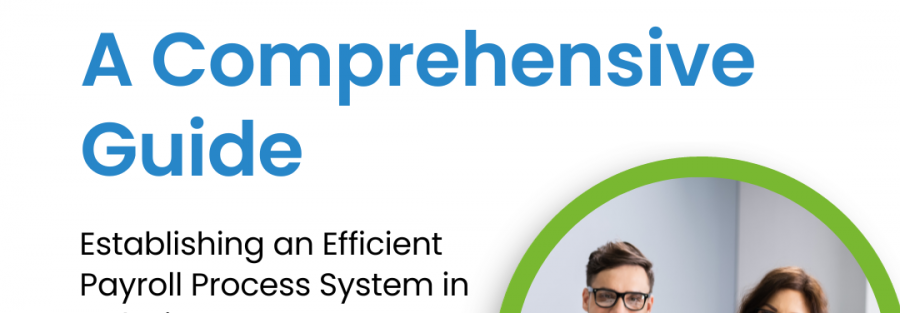Establishing an Efficient Payroll Process System in Dubai: A Comprehensive Guide
Establishing a well-organized payroll process is crucial for businesses in Dubai striving for operational excellence. This comprehensive guide is designed to guide you through the fundamental steps necessary to build an efficient payroll system. Tailored specifically to the unique demands of the Dubai business landscape, the guide aims to provide insights and instructions, ensuring that businesses can implement a streamlined payroll process. By following these essential steps, businesses can enhance their operational efficiency, compliance, and overall financial management, contributing to a more effective and successful business operation in the context of Dubai’s dynamic economic environment.
Understanding the Dynamics of Payroll in Dubai
Navigating Local Regulations
Before diving into the setup process, it’s crucial to familiarize yourself with the unique payroll regulations in Dubai. The business environment is subject to specific laws governing salary structures, tax deductions, and compliance. Ensure your payroll system aligns seamlessly with these regulations to avoid legal complications.
Selecting Appropriate Payroll Software
Investing in the right payroll software is a cornerstone for a successful system. Choose a platform that aligns with Dubai’s regulations and offers user-friendly interfaces and robust features. The software should simplify tasks such as salary calculations, tax deductions, and generate comprehensive reports.
Step-by-Step Guide to Setting Up Your Payroll Process
1. Gather Employee Information
Initiate the process by collecting comprehensive information about your employees. This includes personal details, tax information, and any other relevant data required for accurate payroll processing.
2. Define Salary Structures and Benefits
Establish clear and transparent salary structures, ensuring compliance with Dubai’s labor laws. Define benefits, allowances, and deductions accurately to avoid discrepancies in salary calculations.
3. Select a Payroll Schedule
Dubai businesses often follow specific payroll schedules. Choose a frequency that aligns with your company’s policies and ensures timely salary disbursements. Common schedules include monthly, bi-monthly, or semi-monthly.
4. Integrate Taxation Guidelines
Incorporate Dubai’s tax regulations into your payroll system. Ensure accurate and timely tax deductions, staying compliant with the latest tax laws to avoid legal repercussions.
5. Implement a Robust Security Protocol
Security is paramount when dealing with sensitive payroll information. Implement encryption measures and access controls to safeguard employee data, mitigating the risk of unauthorized access.
Ensuring Compliance and Efficiency
Regular Audits and Updates
Periodic audits of your payroll system are essential to identify and rectify any discrepancies. Stay updated with changes in Dubai’s regulatory landscape, ensuring continuous compliance and avoiding penalties.
Seek Professional Assistance
Navigating the intricacies of Dubai’s payroll regulations can be challenging. Consider engaging professional services that specialize in payroll processing in the region. Their expertise ensures accuracy and compliance, giving you peace of mind.
Conclusion
Creating an effective payroll system in Dubai requires meticulous attention to detail and adherence to local regulations. This comprehensive guide is designed to assist businesses in not only streamlining their payroll operations but also ensuring precision, transparency, and compliance with the dynamic business landscape of Dubai. By following the guide, businesses can navigate the intricacies of payroll management, guaranteeing that their processes align with local regulations. The emphasis is on accuracy and transparency, vital elements in fostering a smooth payroll operation within the specific context of Dubai’s business environment, contributing to overall organizational efficiency and regulatory compliance.





































